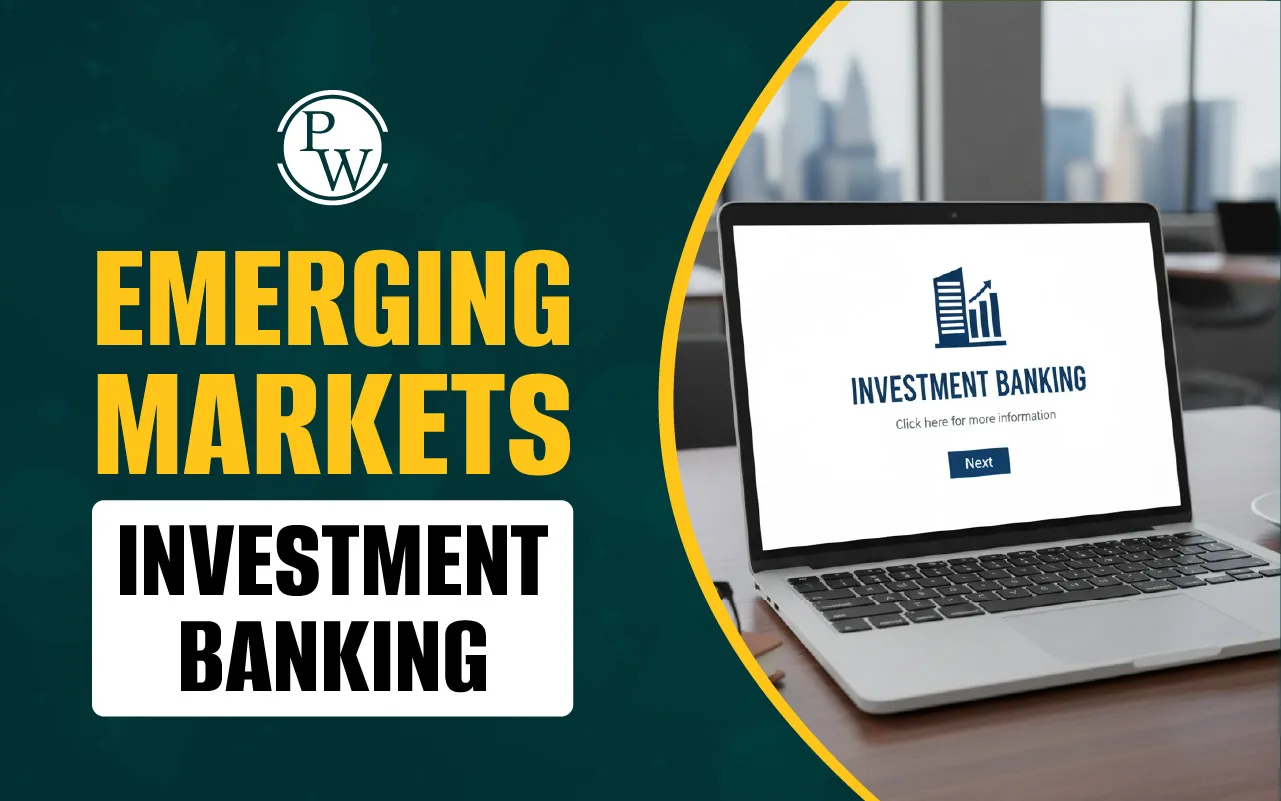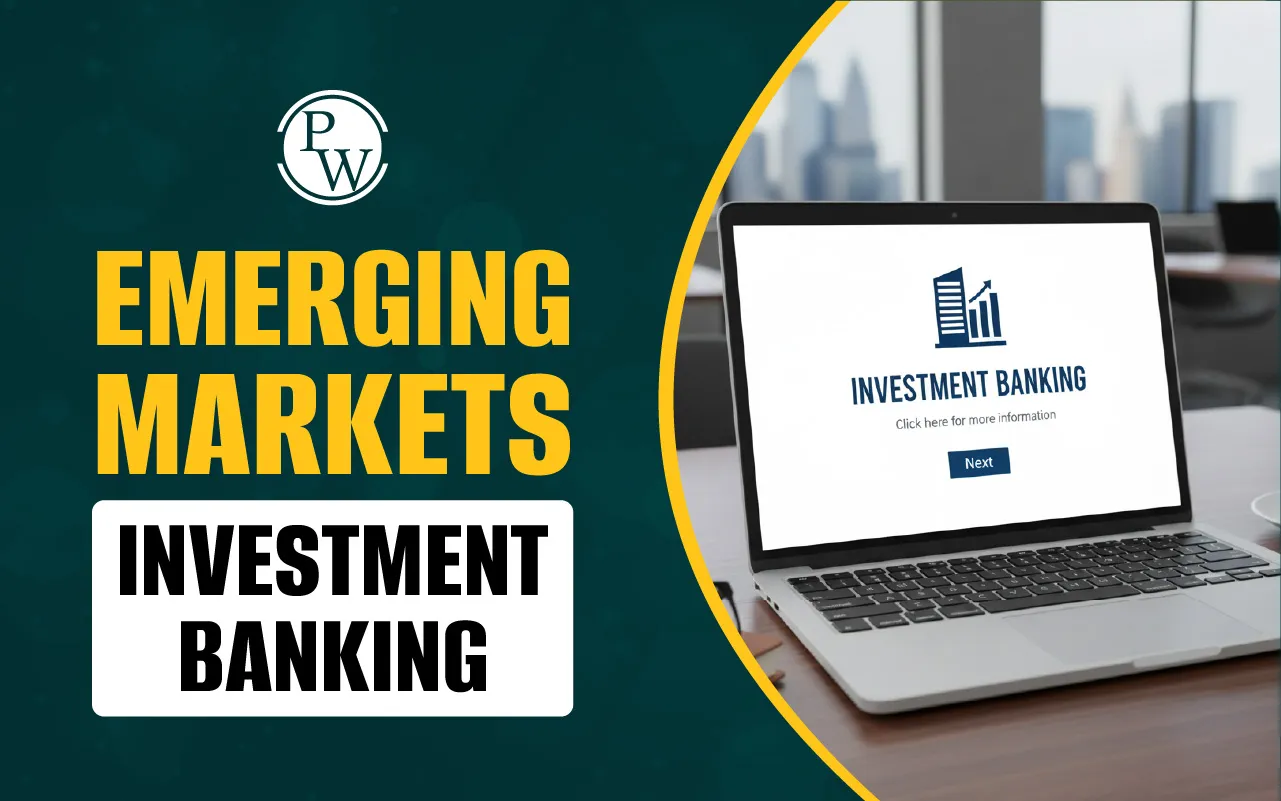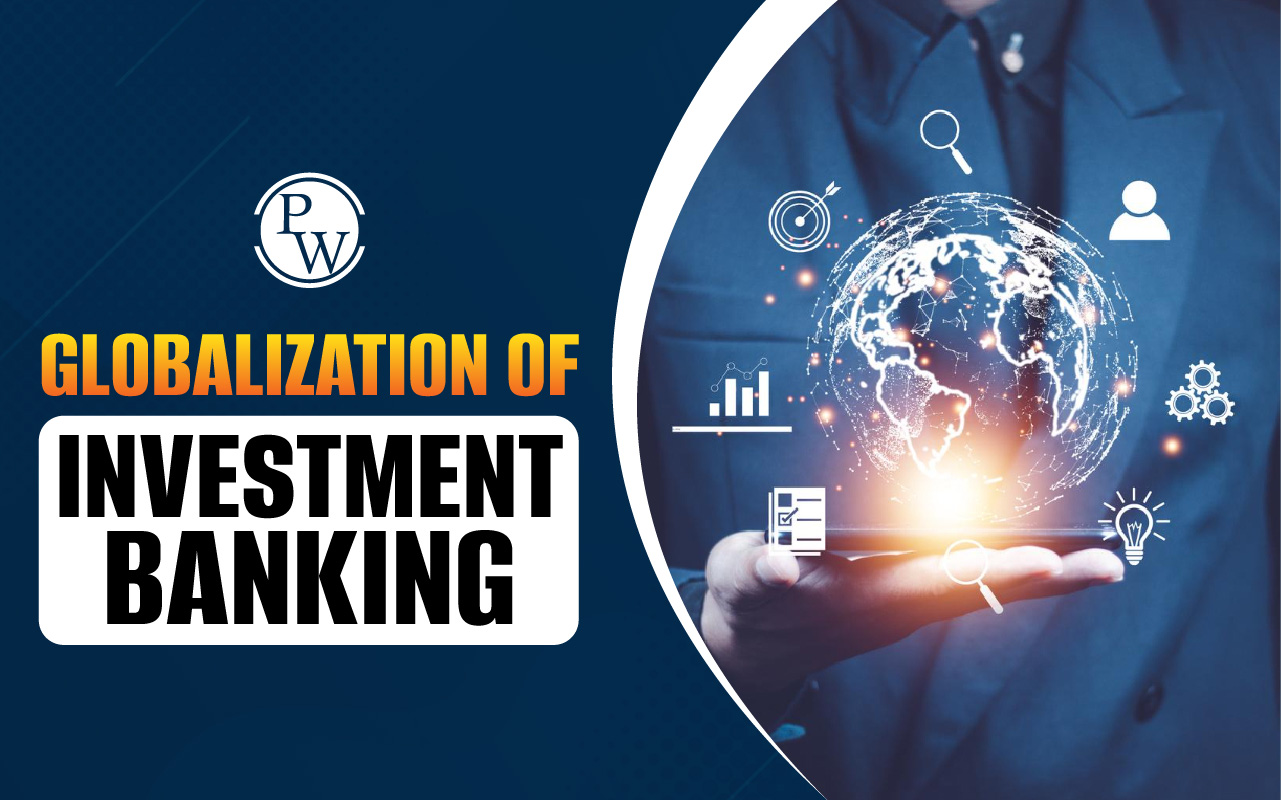

Emerging Markets Investment Banking has now gained a significant amount of recognition for its ability and contribution to the growing market trends. In the present time, developed markets face slower growth and tighter regulation. Wherein firms and investors now look to emerging markets for new deals.
In 2025, the role of investment banks in these regions is evolving fast. This article explains how investment banking works in emerging economies, what drives it, the risks, and how professionals can benefit.
Understanding Emerging Markets Investment Banking
Emerging markets are countries with growing industrialization, improving institutions, but also higher risk than developed economies. They often have less mature financial systems, evolving regulation, and more volatile macro conditions.
In 2025, emerging markets are projected to grow around 3.7% on average, despite global headwinds. Many of these economies benefit from easier monetary policy, lower inflation, and weakening developed-market currencies.
Equity markets in emerging economies have shown strong performance in 2025. For example, the MSCI Emerging Markets index rose about 12.7% in Q2 of 2025, outperforming many developed markets. This momentum draws greater attention to Emerging Markets Investment Banking opportunities.
Still, emerging markets vary widely in stability, market depth, and regulatory environment. Each country must be assessed individually for political risk, currency risk, and institutional strength.
Role of Investment Banks in Emerging Markets
Investment banks serve as intermediaries that help companies, governments, and institutions raise capital, advise on strategic transactions, and manage risk. In the context of Emerging Markets Investment Banking, their role includes:
| Role of Investment Banks in Emerging Markets | |
| Function | Description |
| Advisory Services | Guide clients on strategic moves, restructuring, or entering new markets. |
| Underwriting & Capital Markets | Structure and distribute equity or debt, including IPOs and bond issuances. |
| Deal Origination & Syndication | Identify opportunities and bring investors together. |
| M&A Advisory | Support cross-border mergers, acquisitions, and divestitures. |
| Risk Management Solutions | Provide hedging tools for currency, interest rate, and market exposures. |
| Restructuring & Turnaround | Help distressed or debt-heavy firms recover and reorganize. |
| Market Bridge | Connect local firms to global capital through networks, due diligence, and credibility. |
Key Opportunities for IB in Developing Economies
Listed here are some of the key opportunities for Investment Banking that leds to developing economies. Refer to the table below for complete detailed information.
| Key Opportunities for IB in Developing Economies | |
| Opportunity Area | Investment Banking Role |
| Infrastructure & Development | Structure project finance, PPP models, and infrastructure funds for energy, transport, and telecom. |
| Privatization & Divestitures | Advise governments on valuation, bidding, and sale of state-owned firms. |
| Fintech & Digital Economy | Support fast-growing firms in digital payments, e-commerce, and microfinance with IPOs and M&A. |
| Private Credit / Direct Lending | Arrange alternative financing as banks reduce risk; deal flow rising in 2025. |
| Cross-Border Capital Flows | Facilitate global investor entry via structured products, equity, and bond issuance. |
| Green Financing & ESG | Develop climate bonds, ESG-linked instruments, and sustainable infrastructure funding. |
Challenges Faced in Emerging Market Banking
Mentioned here are some of the major challenges faced by IB in emerging markets. While being aware of these challenges one can enhance their productivity:
| Challenges Faced in Emerging Market Banking | |
| Challenge | Impact on Investment Banking |
| Volatility & Currency Risk | Currency fluctuations reduce investor confidence and returns. |
| Political & Regulatory Risk | Sudden changes disrupt planned transactions and capital flows. |
| Limited Data & Transparency | Poor disclosures complicate due diligence and valuations. |
| Cross-Border Legal Complexity | Different tax systems and capital controls increase deal costs. |
| Liquidity Constraints | Shallow capital markets limit large or secondary transactions. |
| Investor Perception | Higher risk premiums make deals costlier to structure. |
Mergers & Acquisitions in Emerging Markets
M&A is a core area for Emerging Markets Investment Banking. In 2025, we see active cross-border dealmaking between emerging and developed regions. Investment banks advise on valuations, structuring, debt, and integration.
| Mergers & Acquisitions in Emerging Markets | |
| Trend | Example / Relevance |
| Global Entrants Buying Local Firms | Multinationals acquiring regional leaders to expand footprint. |
| Regional Consolidation | Intra-emerging market deals, e.g., African or Southeast Asian consolidation. |
| Carve-Out Transactions | Large firms selling divisions to raise liquidity. |
| Digital Sector Acquisitions | Strong activity in fintech, payments, and technology sectors. |
| Ethiopia Case (2025) | First investment banks licensed, enabling M&A and capital growth. |
| Strategic Tie-Ups | Jefferies & SMFG alliance for deeper cross-border dealmaking. |
Raising Capital in High-Growth Economies
Raising capital is central to Emerging Markets Investment Banking. There are multiple routes:
| Raising Capital in High-Growth Economies | |
| Method | Investment Banking Contribution |
| Equity Issuance / IPOs | Organize listings, dual listings, and investor outreach. |
| Bond & Debt Issuance | Structure sovereign and corporate bonds, underwrite and distribute. |
| Private Placements / PE / VC | Connect firms with institutional and private equity investors. |
| Securitization & Structured Products | Develop asset-backed or hybrid securities for advanced markets. |
| Project Finance / Infra Bonds | Raise long-term capital for energy, transport, and other infrastructure projects. |
| Currency Advisory | Recommend hedging and dual listing to balance FX risks. |
Emerging Markets Investment Banking FAQs
What is Emerging Markets Investment Banking?
Why are investment banks important in emerging markets?
What opportunities exist in Emerging Markets Investment Banking?
What are the major challenges in emerging market banking?













